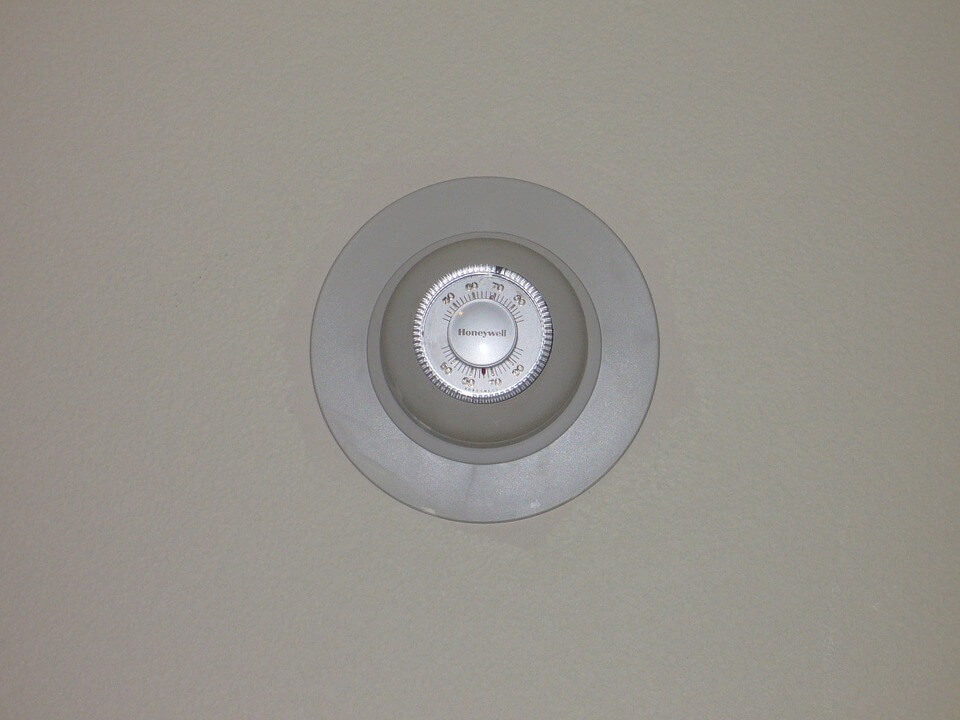7 Common Causes of Home Heating Loss
- Heating

With the cooler months quickly arriving, maintaining heat in your home is essential to cut down on costs and energy waste. It’s also vital to avoid becoming a human popsicle. Feel as though you are turning up the heat too often? There are quite a few common causes of home heating loss that quickly lead to significantly higher bills and energy waste. Even small drafts of cold air from an open window can have a major effect on upcoming bills. It’s also likely to cause long-term poor furnace efficiency, increased chance of illness exposure, and discomfort in cooler weather.
Open Doors and Windows
Leaving doors and windows open is a quick way to deplete heat from the home, accounting for a surprising 10-11% of all heating loss each year. Be sure you caulk and repair spaces in the home prior to the winter and check for weather-stripping to patch up windows and doors before kicking on the heat. Check door window glass and screens, replacing them if they are not fully intact or secure. Additionally, check for dents or other possible openings of exterior doors in your house.
Electrical Outlets
In some homes, cold air is able to seep through electrical sockets, causing a 2% heating loss. Not all electrical outlets are easy to spot, so be sure to check more than once when entering each room in your house. Ensure you check all outlets in your home for unwanted cool air coming in and install foam gaskets as a solution for those that are causing a draft.
Basements
Checking your entire basement for potential leaks within vents and fans can save you up to 4% of household heat loss during the wintertime. Because basements are sometimes neglected (and may even going unused for periods of time), it’s highly advisable to conduct a thorough inspection before you begin running your heat. If you are unable to check vents and fans yourself in your basement, professional companies are available to review and repair any leaks prior to winter.
Recessed Lighting
One of the lesser-known causes of heat loss includes recessed lighting, which can take a massive 13% of your total heat. Having recessed lighting installed in your ceiling can be detrimental to budgeting if you have a plan in place, and can be resolved with effective weather stripping to properly prepare.
Air Conditioners
At times it seems the winter arrives just as summer is ending. Even so, it is important to remove current window air conditioning units swiftly to keep cold air from freely flowing into the home, especially when running your heat. Some homeowners prefer keeping window air conditioning units in place throughout an entire year, which, over time, is likely to cause cool air drafts from surrounding areas of the unit. Properly store your air conditioner away in its original box or in a safe, dry space to keep your windows closed at all times. This will help you to save as much energy as possible while cutting back on overspending on heat.
Ceiling Openings
If you have any ceiling openings, leaks, or cracks in your walls and floors, you run the risk of losing up to a whopping 31% of heat when you are running your heat regularly to keep warm. Sealing leaks and cracks, replacing ceiling tiles, and properly insulating all rooms in your home will cut down on energy waste and heat usage. Checking your roof prior to cooler months is another way to spot any potential openings that you may have been previously unaware of in past years. It is also recommended to check on attic insulation if you have not done so in a few years.
Fireplaces
Although fireplaces can be wonderful to cozy up to on bitter and freezing nights, it’s important to inspect them in order to avoid potentially costly mistakes. If you have a fireplace in the home, be sure to check the unit out itself before running your heat this year. When you have missing or improperly installed fireplace dampers you allow cold air to move up and out of the chimney freely, costing you more in heating bills while not sufficiently heating your home enough, especially on extremely cold nights.
Doing a thorough sweep of your home and checking all potential areas of energy loss is a great way to gain greater peace of mind during cold months. Taking the time to properly prepare your home for the colder months of the year is beneficial not only to help cut back on heating bills but also to better avoid potential illness by allowing more cold air in when unnecessary. By taking care of potential risks of home heating loss in your home this winter, you can relax by saving money on your heating bills, extending the life of your furnace, and enjoying a healthier atmosphere indoors.





